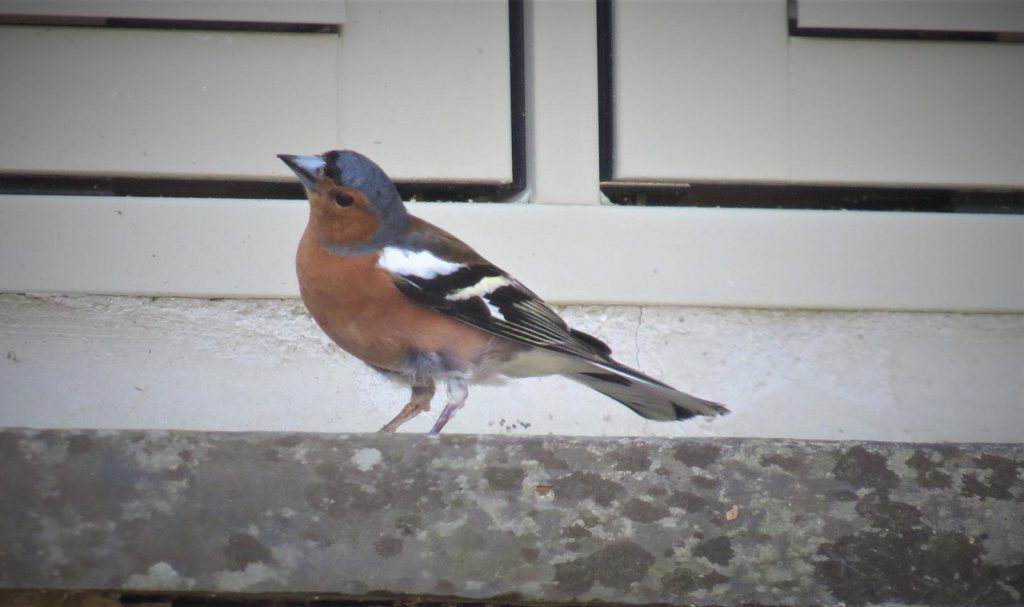I experienced OCD as a child. Objects in my bedroom had to be arranged just-so. Light switches required clicking on and off a specific number of times, usually four, never three. I used to spend a long time trying to look away from things that had caught my eye, like a patch of wallpaper or the gap between the curtains, figuring out the ‘right’ way to do it. What I experienced was ‘just right’ OCD, which developed after a house move and bullying at school. Luckily for me it faded as I reached adulthood, and now exists mainly as a tendency to over-check things when I’m worried, although sometimes I still spend longer than I should staring at the bolt for the door to see if it is really shut. If you are reading this and you have OCD, then you will know exactly what I mean. It’s that feeling of knowing one thing, but doubting yourself so much that you end up believing in something incredibly unlikely, but still possible. This feeling is so strong that it causes us to doubt our own reality, and to believe that things we do or don’t do may influence events in the world. With intrusive thoughts, it causes us to believe that we may be bad, or mad, or dangerous, or disgusting. We are ashamed of these intense thoughts and feel like they are bizarre and ridiculous, and that we could never share them. But the more we keep OCD to ourselves, the stronger it grows, until we feel completely helpless to address it. In fact, your OCD may be speaking to you right now as you read this. It may be telling you there is no point seeking help, because you are different; it may question whether your obsessions and compulsions are really OCD. See if you can let these thoughts be there as you read on.
My approach
I have used my personal and professional experience, training, and masters degree to build an approach to OCD based on the most up to date research. I use ACT and other acceptance therapies to help people relate to their OCD in a new way, giving them space to respond to the obsessions and compulsions differently.
I treat OCD as a coping strategy that has developed at some point in our lives to help us to deal with a situation or environment that we found difficult. This is in line with research that links OCD to trauma and adverse life events. It’s hard to believe, but our OCD is trying to keep us safe. From uncertainty, from harm, and from losing the people we care about most. On the flip side of OCD’s critical and relentless voice, is usually a very scared, young part of ourselves that just wants things to be ok. Years of being held prisoner by OCD can make it difficult to view it as anything other than a malevolent jailer, but in fact this is not the truth.
If you have watched ‘The Wizard of Oz’, you will recall the mighty and powerful Wizard, who holds Dorothy and her friends in thrall with his loud, booming voice and flashing lights. However, when Dorothy pulls back the curtain she reveals a small, elderly man with a megaphone, using levers to make explosions and flashes of light. All his power was just a grand illusion. It can help to think of your OCD the same way. Although it seems so certain of itself, it is actually masking a very scared part of you that is doing its best to protect you in the only way it knows how.
Unfortunately, this coping strategy is unhelpful, and it also gets deeply embedded. We are gaslit by our OCD for years, even decades. We learn its ways and we follow them, and it can feel impossible to get out of that discomfort zone. How can we stop doing compulsions when we feel that they ‘work’, even though at the same time we ‘know’ that they don’t? Why would we expose ourselves to situations and triggers that feel unbearably painful and dangerous? We become buried beneath our obsessions and compulsions and try to avoid sources of anxiety, which increases our self-doubt even more. People often feel completely fused with their OCD, as if it is inseparable from their sense of self.
In my approach, we work to separate these parts out – your OCD parts, and your sense of Self. We work on strengthening that sense of self, so that it feels more possible to lean into when you are triggered by obsessions. We practice opening up into feelings, to help you to challenge your compulsions. We address shame, which is so often at the heart of OCD. We do all this in a safe, gentle, yet powerful way, using talking therapy, mindfulness, compassion and somatic processes that are designed to be taken out of the therapy session and into your everyday life. Click here for a detailed description of how I work with links to relevant research.

